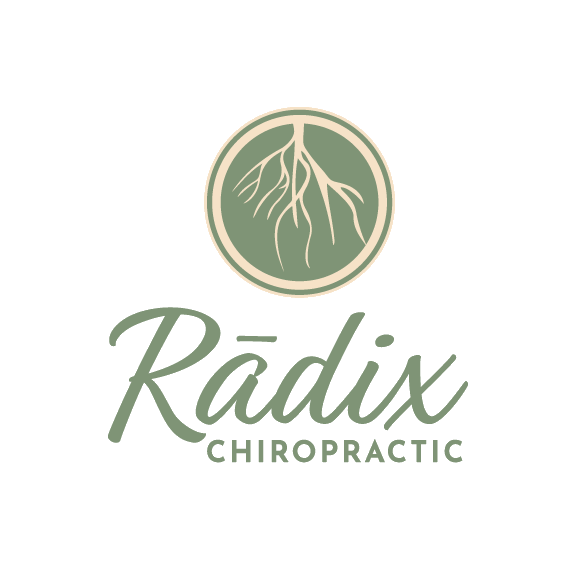Do you suffer from jaw pain, headaches, or neck pain? If so, you may have TMJ or temporomandibular joint dysfunction. This condition affects the joints in your jaw and can cause pain and discomfort. Luckily, there are treatments available for TMJ that can help reduce your symptoms. Visiting a chiropractor could help provide relief.
Depending on the severity of the issue, you may need multiple treatments to achieve full relief from TMJ.
Read more: HOW OFTEN SHOULD YOU GO TO A CHIROPRACTOR?
We will explain what TMJ is, how chiropractic care can help to improve this condition, and how often you should go to a chiropractor for TMJ issues.
What Is TMJ: Causes and Symptoms
Temporomandibular joint (TMJ) disorder is a painful condition that affects the jaw, face, and neck. It occurs when the temporomandibular joint, which connects your lower jaw to your skull, becomes misaligned or inflamed due to injury or stress.
Common causes of TMJ include:
a) Grinding or clenching of the teeth,
b) Poor posture,
c) Arthritis,
d) Injury to the jaw area,
e) Stress and anxiety.
You may experience symptoms like pain or discomfort in the jaw area and difficulty opening and closing your mouth. You may also experience headaches, earaches, dizziness, locking or clicking of the jaws when you open or close your mouth, pain in the neck and shoulders, and even ringing in the ears.
If left untreated, TMJ can lead to more severe conditions like jaw locking, hearing loss, and even facial paralysis.
Why Should You Visit a Chiropractor for TMJ?
Visiting a chiropractor is an excellent way to address your temporomandibular joint (TMJ) dysfunction. Here are some ways they can help:
1. Adjustment of Postural Imbalances:
Chiropractors are trained to detect and correct postural imbalances in the head, neck, and spine. This can reduce muscle tension in these areas, which is often associated with TMJ dysfunction.
2. Re-Education of Muscles:
The chiropractor can teach you how to properly use your muscles to reduce tension, pain, and inflammation.
3. Exercises:
A chiropractor may recommend specific exercises for you to do at home to help strengthen the muscles that support the TMJ and reduce muscle tension.
You can get personalized care to address your needs by visiting a chiropractor. With their expertise in treating musculoskeletal problems, they can help you find relief from TMJ pain and other related symptoms. Call Radix Chiropractic for the best chiropractor in Colorado Springs . We are top-rated and offer solutions customized to your needs. Visit us today to learn how we can help you with TMJ pain and other musculoskeletal conditions.


